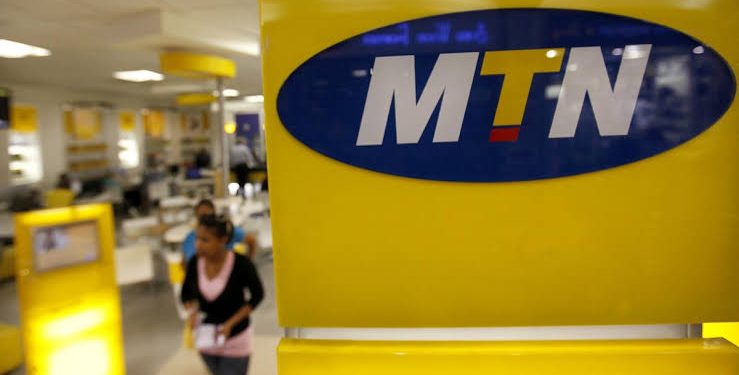MTN Nigeria has announced that its subscribers in parts of Adamawa, Borno, and Kano States will experience temporary service disruptions this weekend as the telecom giant carries out major fibre maintenance.
The company disclosed on Friday that the exercise, scheduled for Saturday, August 24, 2025, between 6:00 AM and 8:00 AM, will affect 101 sites across 15 local government areas. The work involves cutting over traffic to a new fibre route along the AFCOT–Bawo Village corridor in Adamawa to permanently replace damaged spans.
Subscribers using 2G, 3G, and 4G services, as well as some enterprise customers, may notice interruptions in connectivity during the two-hour window. MTN explained that the disruption is unavoidable due to the linear and unprotected nature of the fibre route, adding that daylight hours were chosen for security reasons.
The affected areas include Girei, Song, Mubi North, Hong, Gombi, Fufore, Mubi South, Madagali, Michika, Maiha, Chibok, and Yola North in Adamawa; Askira/UBA and Shani in Borno; and Nasarawa in Kano. While apologising for the inconvenience, the company assured that the upgrade is intended to enhance long-term service quality and network stability in the region.
The scheduled disruption draws attention to the growing menace of fibre cuts, which remain one of the biggest threats to Nigeria’s telecom sector. Operators say fibre cuts—mainly caused by construction work, vandalism, and weak stakeholder coordination—now cost them billions of naira annually in repairs.
Airtel recently revealed it records an average of 43 fibre cuts daily, over 7,700 in just six months. These interruptions, the operator warned, not only inconvenience subscribers but also disrupt businesses, government operations, and emergency responses.
Earlier in May, simultaneous fibre cuts knocked MTN and 9mobile services offline in Kebbi, Sokoto, and Zamfara, leaving residents of three states disconnected. The Nigerian Communications Commission (NCC) later confirmed that operators now face an average of 1,100 fibre cuts every week nationwide.
The Commission has pledged stronger enforcement, greater public awareness, and tighter collaboration with security agencies to address the crisis. To strengthen protection, President Bola Tinubu designated telecom infrastructure as Critical National Information Infrastructure under the Cybersecurity Act, making its protection a national security responsibility shared by operators, government, and citizens.










